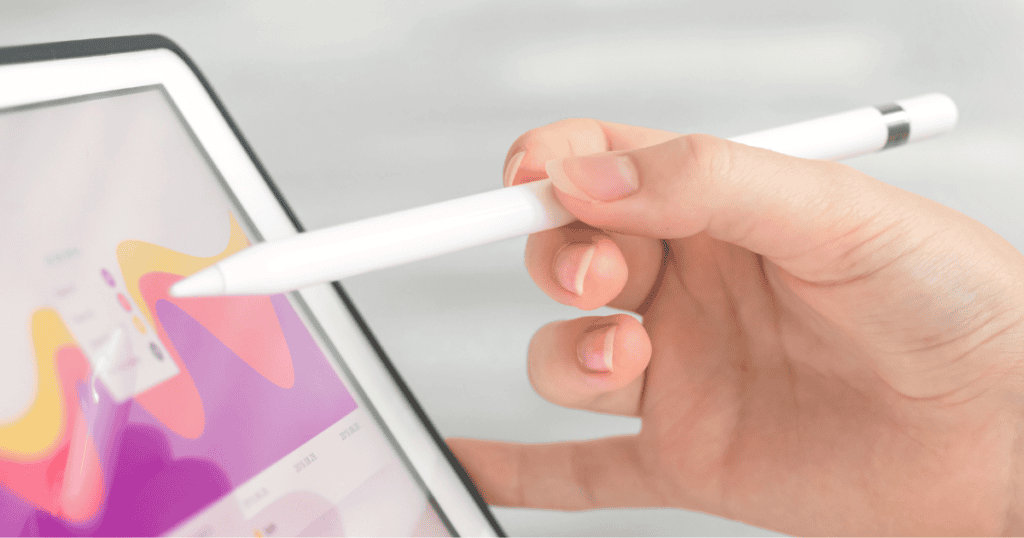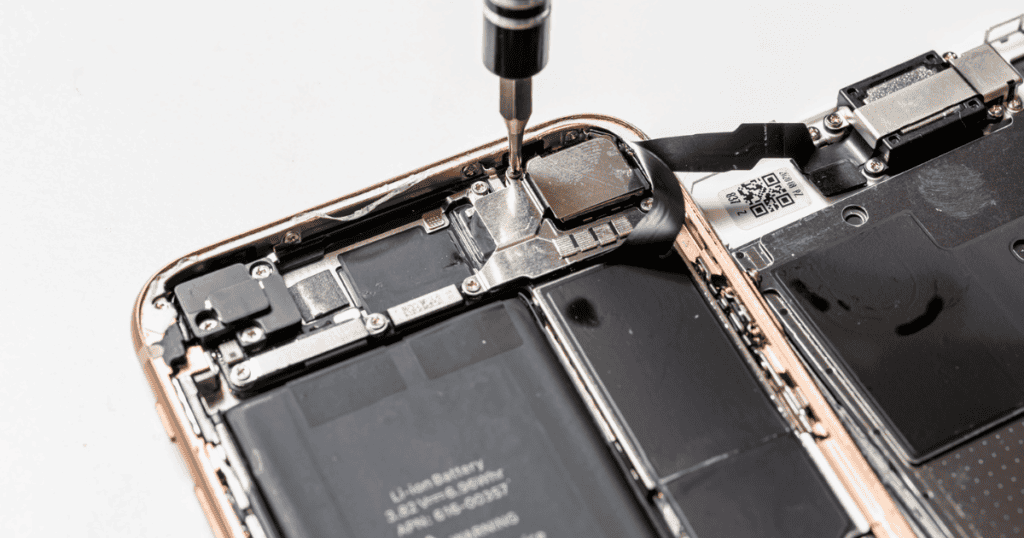Apple finds itself once again at the center of regulatory scrutiny as the European Commission expands its oversight to iPad accessory integration. With the designation of iPadOS as a “gatekeeper” platform under the Digital Markets Act (DMA) in April 2024, Apple is now facing new compliance expectations, particularly around allowing third-party accessory compatibility. The DMA aims to curb the influence of major tech players and promote fair competition across the EU, compelling companies to open up their ecosystems.
Key Takeaways on the EU’s Regulatory Demands for Apple
- Understanding the “Gatekeeper” Designation
The European Commission’s classification of iPadOS as a “gatekeeper” is significant, placing Apple in a regulatory category that mandates increased ecosystem openness. The designation brings obligations aimed at curtailing monopolistic behavior, with Apple now expected to facilitate compatibility for a wider range of accessories. - Regulatory Milestones
Following the gatekeeper announcement, Apple began implementing specific changes to iPadOS. In particular, iPadOS 18 will soon enable users in the EU to install third-party app stores and set alternative browsers as the default—changes aimed at fostering competitive diversity within the Apple ecosystem. - Accessory Interoperability
A primary area of concern for the European Commission is the interoperability of third-party accessories with iPadOS. While iPads already support a variety of headphones and styluses, Apple’s own products—such as the AirPods and Apple Pencil—benefit from exclusive features like automatic device switching and advanced pressure sensitivity.
Apple’s Current Changes to iPadOS
Apple has made several adjustments to align with the DMA’s stipulations, with key changes focusing on app flexibility:
- App Marketplaces: iPadOS 18 will allow third-party app stores, or “app marketplaces,” providing EU users with greater choice beyond the App Store.
- Default Browser Options: Users will also be able to designate their preferred web browser, moving away from a Safari-exclusive default.
These shifts aim to improve user autonomy in the app ecosystem. However, accessory support remains an open question.
Challenges with Accessory Compatibility
The DMA’s requirements extend to accessory ecosystems, stipulating that “gatekeepers” must support broad interoperability for third-party accessories such as headphones and smart pens. Despite these provisions, Apple maintains a more seamless experience with its own accessories, leading to questions regarding compliance:
- Apple Ecosystem Advantage: Proprietary Apple products like the AirPods and Apple Pencil offer exclusive features, including automatic device switching and pressure sensitivity, that third-party options lack.
- Third-Party Compatibility Concerns: Although Apple allows some third-party accessory compatibility, the user experience is generally less streamlined, leaving gaps in functionality that could potentially conflict with DMA mandates.
The European Commission has taken note of these distinctions and will be monitoring Apple’s adjustments to ensure compliance.
Potential Penalties for Non-Compliance
Apple’s partial adjustments may not fully satisfy the DMA’s requirements, leaving the possibility of regulatory action. The DMA allows for significant penalties if companies fall short, with fines potentially reaching up to 10% of a company’s global annual turnover. This underscores the gravity of the EU’s commitment to enforcing its regulations and leveling the tech landscape.
Final EU Review and Expected Outcomes
The European Commission is currently assessing whether Apple’s recent changes adequately address the DMA’s stipulations, with a final judgment anticipated next year. If Apple’s efforts are deemed insufficient, the company could face further directives and potential financial repercussions.
Summary: EU’s Regulatory Requirements for iPad Accessories
To comply with the DMA, Apple must address several areas within its ecosystem:
- Third-Party App Stores: iPadOS must allow alternative app marketplaces.
- Default Browsers: Users should have the option to set non-Safari browsers as default.
- Accessory Compatibility: Ensure effective functionality for third-party headphones and smart pens.
As the DMA moves forward, the European Commission’s response to Apple’s compliance efforts will likely serve as a precedent for other tech giants operating within the EU. Apple’s journey to meet the DMA’s requirements will provide insights into the future of tech regulation, both in Europe and potentially in other regions as digital market reforms continue globally.




